Heed UN’s call for moratorium on DSA use
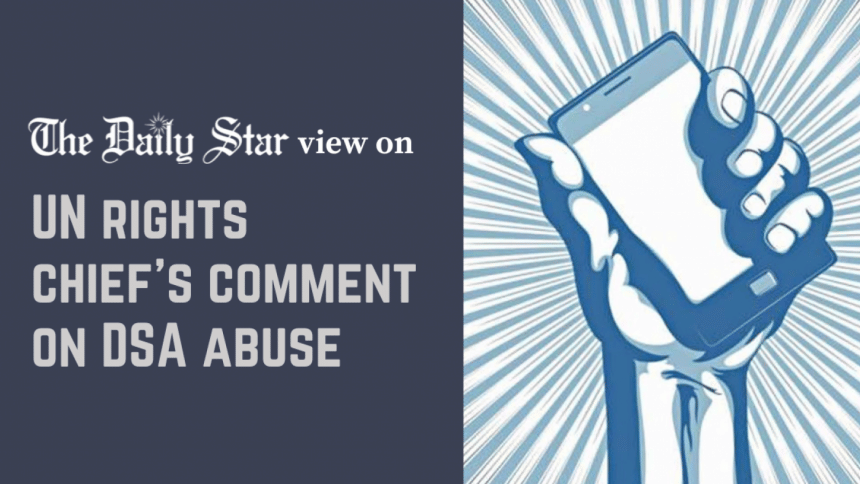
We stand by the call for an immediate moratorium on the use of the Digital Security Act (DSA) by the human rights chief of the United Nations. In a statement released after the editor of Prothom Alo and one of its reporters were sued for a report critical of high food prices, he called upon the authorities to suspend any further application of the law. He also urged them to comprehensively reform its overly broad and ill-defined provisions which have been frequently abused to intimidate journalists and muzzle critical voices online.
The UN is the latest to join the ever-growing chorus of rights institutions from home and abroad who are concerned about the government's stubborn refusal to honour its own commitment to ensure responsible use of the law. Meanwhile, the US State Department, which earlier released a report highlighting the impediments to freedom of expression and the internet in Bangladesh, has again reiterated its concern, saying that "no members of the press should be threatened, harassed, physically attacked, or arrested for simply doing their job." Unfortunately, even as these concerns are being raised, there is little indication these are reaching the ears of the authorities.
As per latest media reports, two cases have been filed against a correspondent of Desh TV in Khulna following a report on a beauty parlour. The cases were lodged with the Khulna Cyber Tribunal on March 21 and 28, respectively. Such assault on journalists using the DSA has been persistent throughout its first four years of existence, as a review by the Centre for Governance Studies (CGS) has shown earlier this year. An estimate by Ain o Salish Kendra (ASK) now reminds us that the threat hasn't been limited to the use of just one law. It says that over the last three months alone, at least 56 journalists from different media outlets have been attacked in various ways. This illustrates how widespread the repression of journalists has been, with the DSA emerging as the crown jewel of all repressive tactics.
The question is, how long will the government continue to resist calls for reforming or repealing this law? Freedom of expression, including for members of the press, is especially important in an election year. Citizens need reliable information to assess the performance of their government. They need the insights of journalists and activists to get a sense of what is happening around so that they can hold their representatives accountable. But if restrictions are placed on these vital sources of information and analysis, including through closing down critical media outlets, it is the citizens who are deprived the most, which is the opposite of how democracy works.
We, therefore, urge the government to urgently heed calls for an immediate moratorium on the DSA. With the national election approaching fast, this is also a chance for the government to reaffirm its commitment to democracy.

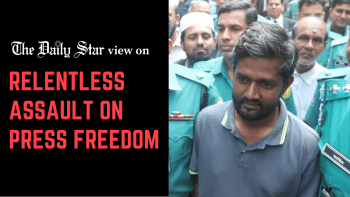
 For all latest news, follow The Daily Star's Google News channel.
For all latest news, follow The Daily Star's Google News channel. 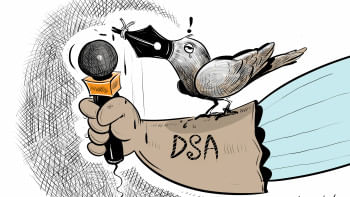
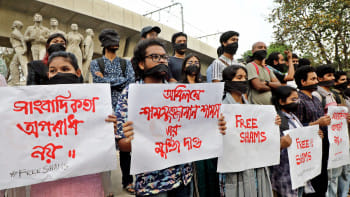
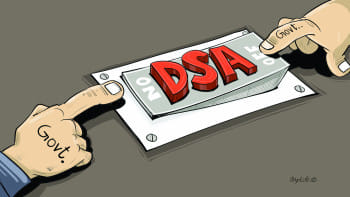








Comments